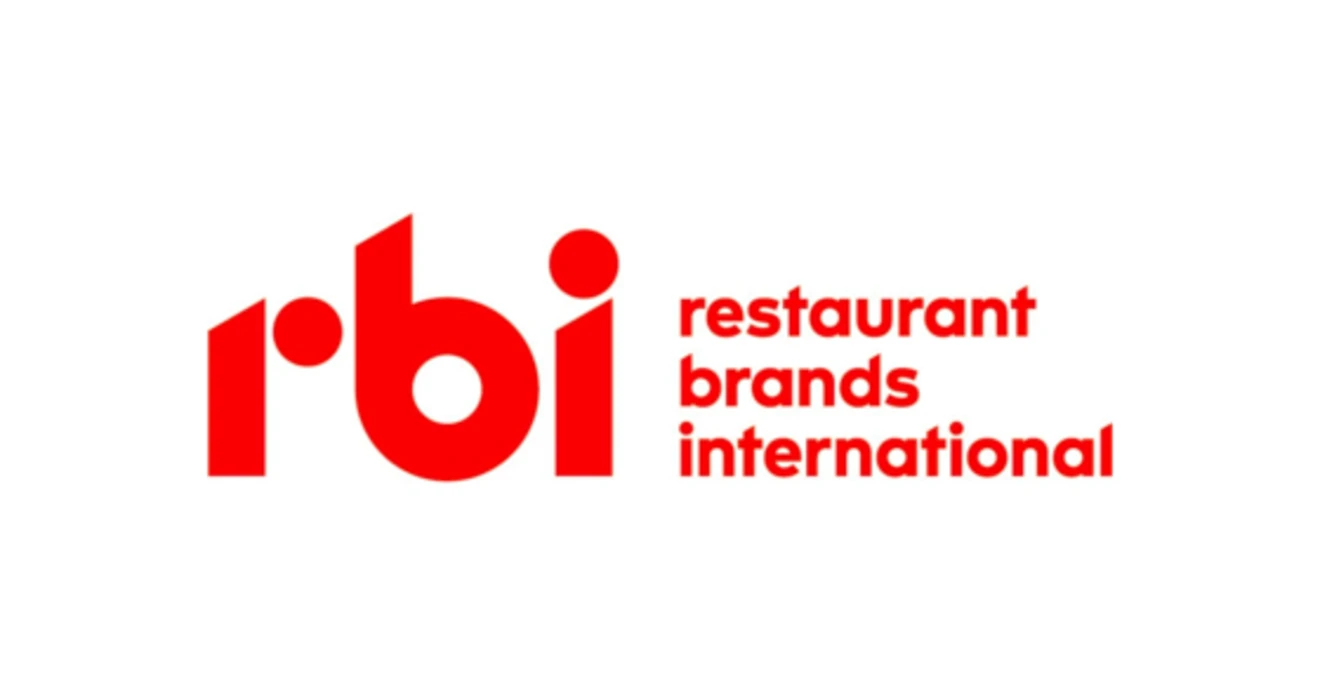Restaurant Brands International
Key Information
HQ:
Canada
Market Cap:
$23.3bn
Primary Market:
North America
Business Type:
Restaurant
Company Information
Company Summary
Restaurant Brands International is a Canada-based fast food chain operator and franchising company, brands names include Tim Hortons®, Burger King®, Popeyes® and Firehouse Subs®. As of December 31, 2024, the company operates more than 32,000 restaurants in more than 120 countries and territories.
Revenue
Revenue by Geography
Revenue by Segment
Active Projects

Restaurant Antibiotics Engagement
Antibiotics & Health

